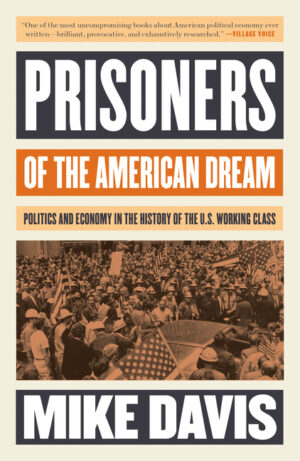"Nonprofit Neighborhoods takes us to the frontlines of the government and philanthropic grantsmanship, municipal power brokering, and street-level protest that brought an evolving, multi-layered infrastructure of "public-private partnership" to Boston's working-class communities of color starting in the 1960s–promising to resolve problems of poverty with improved social services in the face of widening structural divides. Persuasively argued and analytically nuanced, it tracks the continuities as well as the gradually unfolding transformations in urban policy, politics, and governance that link the social democratic aspirations of Great Society liberalism to the social austerity of our neoliberal age. Dunning provides important insights to all engaged in struggles against inequality–as scholars, policy advocates, practitioners, and activists."– "Alice O'Connor, University of California, Santa Barbara"





